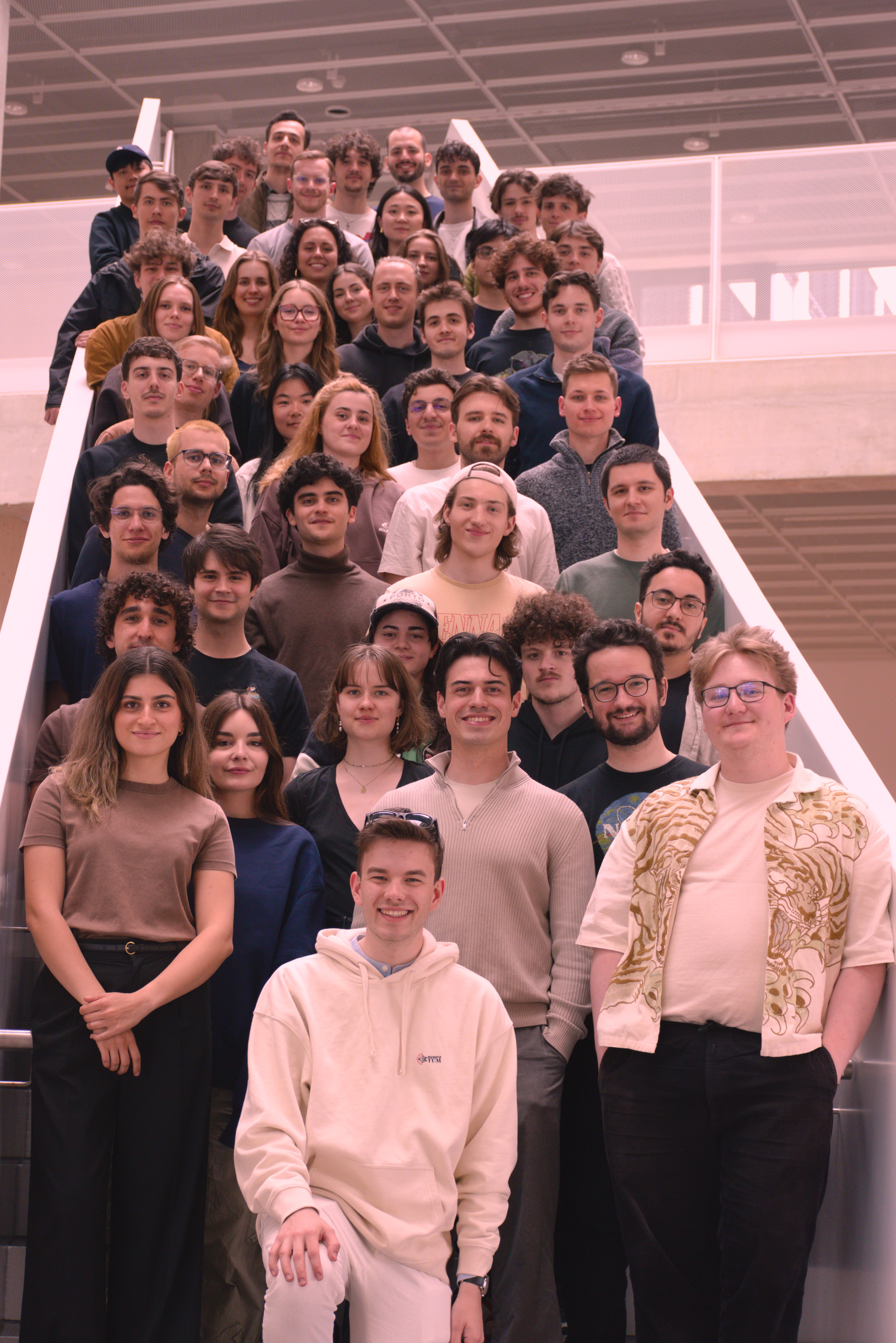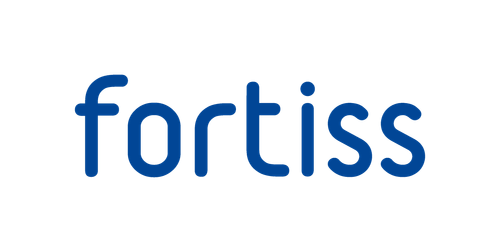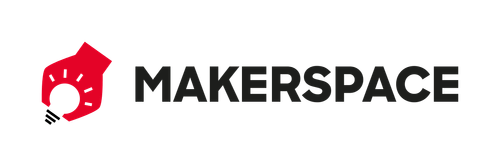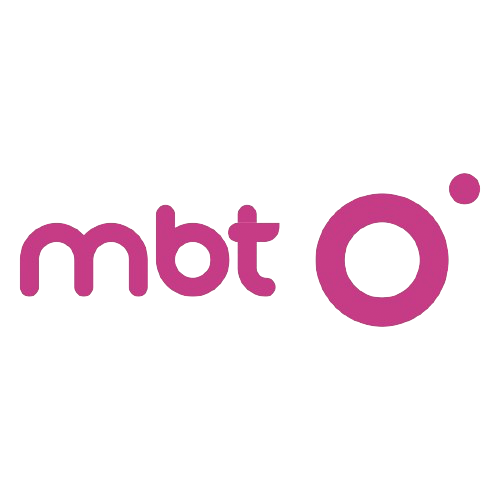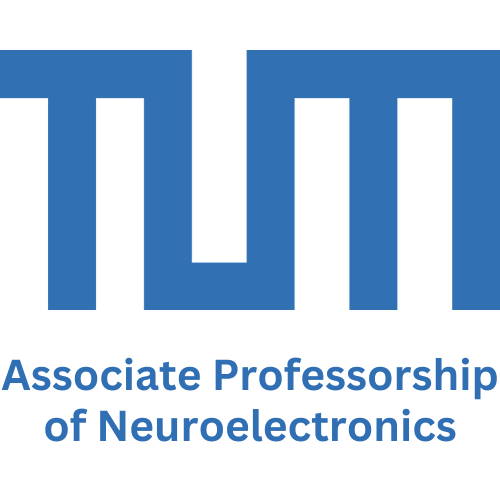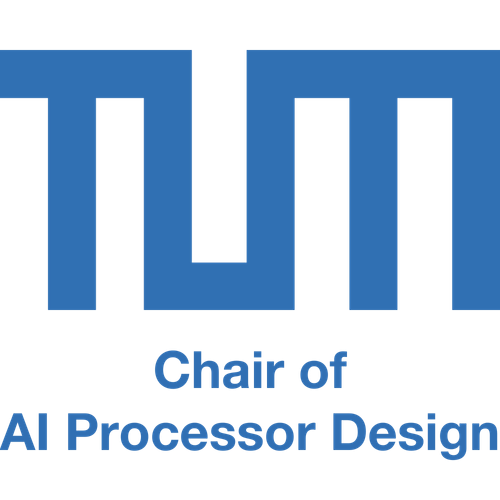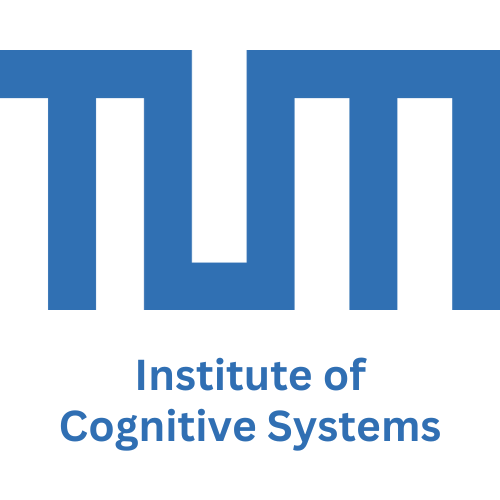What are we working on?
We enable students of all backgrounds to explore the intersection of engineering and neuroscience by developing a brain–computer interface, an EEG device, and brain‑inspired software and hardware.
Who are we?
Our interdisciplinary and diverse team of 37 students brings together engineering, medical, social studies and science students from 22 nationalities.
